|
|
|
|
Nau mai haere mai – and welcome to this week’s newsletter.
At the COP26 climate summit, which closed with a last-minute agreement during the weekend, discussions about transport emissions focused on electric vehicles.
This echoed plans in many wealthy countries, including New Zealand, to decarbonise transport largely by shifting to EVs. But as University of Auckland urban planning expert Timothy Welch writes, this leaves us with a false sense that we’re doing something good for the environment, without actually changing anything about our lifestyles.
He argues that unless we plan for active modes of transport – walking, cycling, public transport – EVs will do what fossil fuel cars have always done to our cities: increase urban sprawl and congestion and add to the waste stream. And at the current rate of uptake, EVs alone will be too slow to make a meaningful dent into emissions.
You can catch up on The Conversation’s comprehensive, evidence-based coverage of the COP26 summit and its ramifications, written by researchers from around the world, and as always, you’ll find a lot more to read in this newsletter and on our home page, including this thorough explanation of why we should rewrite our laws around vaccine mandates and exemptions.
Many thanks for your ongoing support and readership. Until next time, mā te wā.
|

|
Veronika Meduna
New Zealand Editor: Science, Health + Environment
|
|

EV.
Timothy Welch, University of Auckland
Electric cars are hailed as the best way to cut transport emissions, but it’s an illusion to think we can reduce our environmental impact without changing the way we design and move about in cities.
|
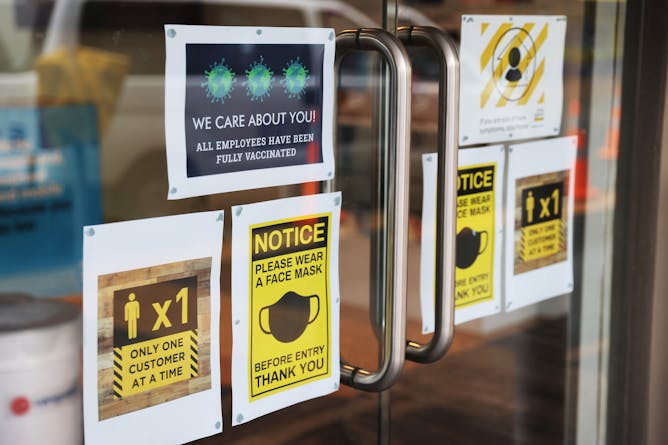
GettyImages
Claire Breen, University of Waikato; Alexander Gillespie, University of Waikato
Court challenges over vaccine mandate exemptions have so far failed. But with fundamental human rights at the centre of the government’s emergency powers, is it time for purpose-built new law?
|

Shutterstock
Sally Britnell, Auckland University of Technology
A more accessible world for disabled people begins with better design – listening to disabled people themselves is the key.
|
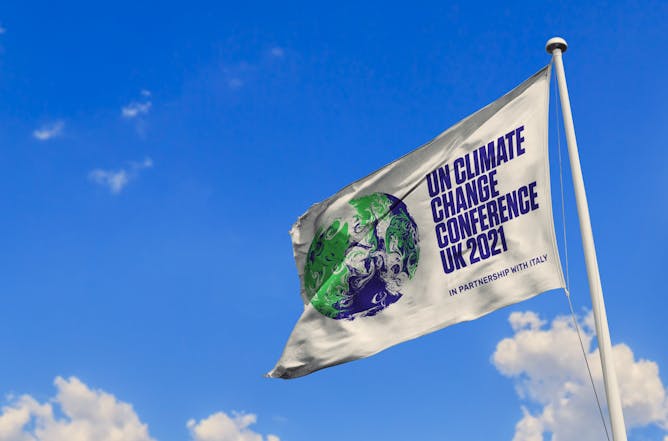
Shutterstock/rafapress
Nathan Cooper, University of Waikato; Kemi Hughes, University of Waikato
Uncertainty about carbon market rules will be problematic for New Zealand, given its reliance on overseas carbon trading to meet its new climate pledge.
|

Shutterstock
Kris Gledhill, Auckland University of Technology
As the Law Society recently reported, legal aid in New Zealand is ‘on life support’. Urgent action is required to avoid the justice gap becoming a chasm.
|

Shutterstock/Anna Kiryakova
Maria Corkin, University of Auckland
Newer screen technologies provide a more interactive experience for children using digital devices. The benefits can be similar to play time with traditional toys.
|

Shutterstock
Jeremy Edmund Clark, University of Canterbury; Jedrzej Bialkowski, University of Canterbury
A new study suggests the market alone will not deter or punish pharmaceutical companies whose products turn out to have adverse effects after they have been approved.
|
From our foreign editions
|
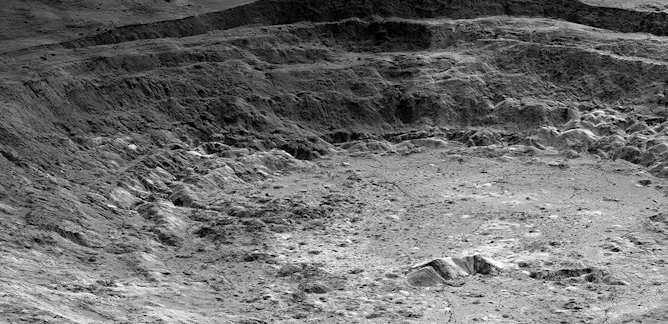
John Grant, Southern Cross University
The next big frontier in space exploration is finding ways to effectively harness oxygen contained within Moon dust. What will it take?
| |

Ope Akanbi, Ryerson University
The right to disconnect can be the catalyst an organization needs to review its workplace policies. But what’s really needed is a cultural shift that gives workers more control over how they work.
|

Katie Lebel, Ryerson University
While the style and fit of sport apparel may seem like a minor detail in the broader scheme of things, what if it’s not? Let’s let women and girls dress for the role they want to play in women’s sport.
| |

Mohammed Girma, University of Roehampton
Ethiopia’s main religions need to take an emotional distance from politics and find a neutral space so they can get moral clarity.
|

Enrique Armijo, Elon University
Alex Jones lost a defamation suit by Sandy Hook parents for falsely claiming they helped fake the murders of their children. But the judgment doesn’t deal with important First Amendment questions.
| |
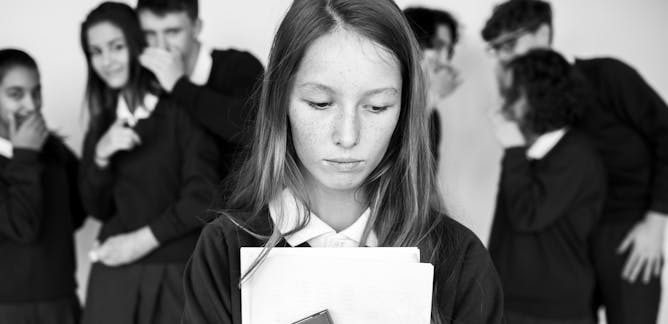
Lucy Betts, Nottingham Trent University; Loren Abell, Nottingham Trent University; Oonagh Steer, Nottingham Trent University; Sarah Buglass, Nottingham Trent University
Banter can be fun, but it can quickly cross the line.
|
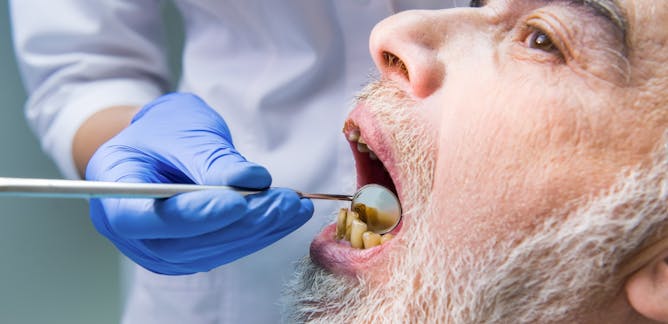
Sim K. Singhrao, University of Central Lancashire; Alice Harding, University of Central Lancashire
Badly controlled bacteria in the mouth pose multiple risks.
| |
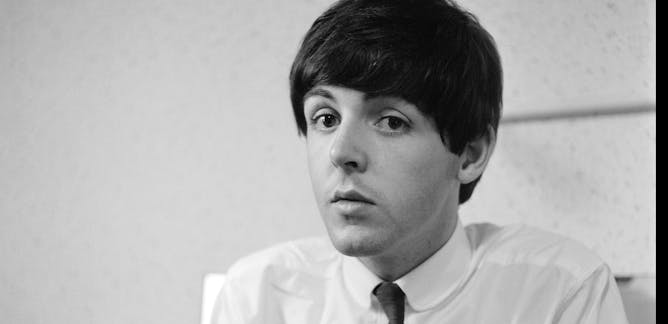
David McCooey, Deakin University
Through 154 songs, Paul McCartney gives us an insight into his life. There is an elegaic feel to this book, which showcases the many sides to McCartney’s songwriting.
|
|
|
| |
| |
| |
| |
| |
| |
|
|
|
|
|
|
|